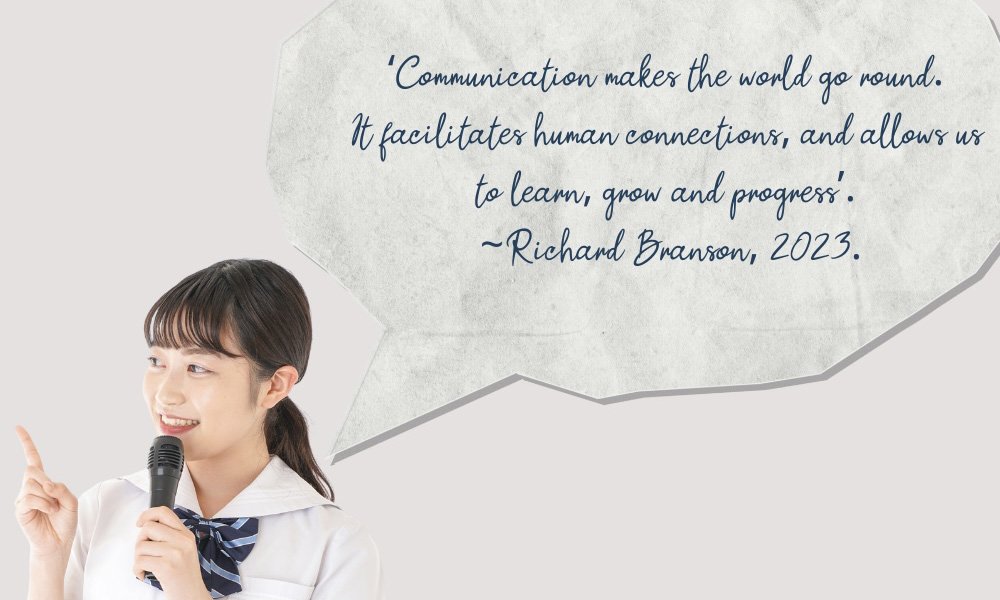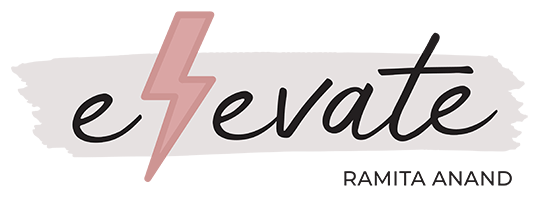
Oracy: it’s time to walk the walk
Author: Charlotte Harmer, Head of Education at Oppidan Education
It has been heartening to see oracy education finally take up more space in the national discourse. Since our inception as a mentoring organisation for young people, we’ve placed fostering confidence in communicating and the explicit teaching of active listening skills at the heart of our programmes, whether our mentors are working in our diverse partner schools or working 1:1 with young people. We welcome the findings of the landmark Oracy Education Commission Report ‘We Need to Talk’ (2024) and we feel quietly optimistic about the emergence of further research underlining the significant impact of well-delivered oracy education on student learning.
Here’s some of the evidence we’ve found most compelling for prioritising oracy and why it continues to be front and centre in all our mentoring programmes:
1. Cognitive and academic benefits:
- Oracy education has been shown to enhance cognitive development and academic achievement. It helps students articulate their thoughts, engage in critical thinking, and improve their understanding of complex concepts (Oracy Education Commission, 2024).
- Research by the English-Speaking Union emphasises that oracy supports literacy and numeracy, bridging the gap between spoken and written language skills (Doherty, 2023).
- Research by Voice 21 highlights that schools investing in oracy development see significant improvements in both the confidence and academic performance of students, particularly those from underprivileged backgrounds (Voice 21, 2020).
2. Enhanced student confidence:
- Students with strong spoken language skills are more likely to feel confident at school (Chartered College of Teaching, 2024).
3. Stronger social-emotional development:
- Oracy education supports social-emotional development by fostering better relationships, empathy, and collaboration among peers. This, in turn, builds self-confidence and resilience (Chartered College of Teaching, 2024)
4. Improved Social Mobility
- Improved oracy skills enhance students’ self-belief in their future prospects (Voice 21, 2020).
- Oracy is a central component in improving social mobility for young people (Fitch and Iwu, 2016). Voice 21 (2020) argue that without oracy, there can simply be no levelling up.
5. Support from parents and business leaders:
- The report notes strong support from business leaders and parents for increased emphasis on oracy education in schools, with over 80% advocating for more time dedicated to developing these skills in schools (YouGov, 2024).
- 68% of business leaders agreed that the growth of technology and AI will make spoken language and listening skills more important for career progression (YouGov, 2024).
- 83% of business leaders felt that strong spoken language skills unlock more opportunities to advance in their sector (YouGov, 2024).
- Both business leaders and parents share concerns around the impact of technology on speaking and listening skills, with 69% of business leaders and 63% parents of children 18 and under, believing it has a negative impact on these skills amongst children and young people (YouGov, 2024).
How do we walk the walk?
‘We Need to Talk’ (2024) underscores the necessity of integrating oracy into the core curriculum. For oracy teaching to be impactful and students to reap the benefits of oracy-rich curricula, the Commission argue oracy needs to be the fourth ‘R’, with oracy given equal status to reading, writing, and arithmetic (Oracy Education Commission, 2024).
The report advocates for a systemic shift to ensure that speaking, listening, and communication are integral parts of every subject (Oracy Education Commission, 2024), likely necessitating assessment change through the increased use of spoken language assessment tools like vivas. Extracurricular opportunities also play a vital role in furthering oracy, however much more needs to be done to address the huge variation in the oracy opportunities available in different schools’ extracurricular offer.
For oracy to be delivered effectively, the Commission recommends that oracy be embedded across the curriculum and that teachers receive comprehensive training in oracy best practice (Oracy Education Commission, 2024). Poorly planned oracy initiatives risk creating a chaotic learning environment where talk lacks scaffolding and students feel exposed or indeed remain silent. At a time where teacher workload and teacher retention are both at a crisis point, oracy education must be carefully planned to support learner progress, teacher workload and teachers’ ongoing professional development or we risk talking the talk at the expense of young people’s oracy potential.
Oppidan was set up nearly 10 years as an antidote to the overly academic tutoring market. At the time tutoring was mistrusted by schools and dreaded by parents. Instead, Oppidan is focused on long term support. They help students enjoy learning, developing confidence and resilience which enables great academic results.
Now, they are trusted by nearly 150 of the best schools around the world for in-school mentoring too. They help kids aged 7-21 especially at key moments such as moving to senior school, taking GCSEs or going to university.
If you’d like to learn more get in touch here.
References:
Branson, R. (2023). 5 Skills and Abilities Successful Entrepreneurs Share. Available at: https://www.virgin.com/branson-family/richard-branson-blog/5-skills-and-abilities-successful-entrepreneurs-share [Accessed 16 Oct. 2024].
Chartered College of Teaching (2024) Oracy: the why and the how. My College. Available at: https://www.chartered.college/ (Accessed: 14 October 2024).
Doherty, J, English-Speaking Union. (2023). Why Oracy Matters Available at: https://www.esu.org/wp-content/uploads/2023/11/Why-Oracy-Matters_FINAL.pdf [Accessed 16 Oct. 2024].
Fitch A and Iwu L (2016) Oracy and Social Mobility. In: Speaking Frankly: The case for oracy in the curriculum. London: English Speaking Union, pp. 94–99.
Oracy Education Commission (2024) ‘We Need to Talk’. English-Speaking Union Report: Journal of University Teaching & Learning Practice. Oracy Education Commission Report 2024 ‘We Need to Talk’
Sutton Trust (2014) What Makes Great Teaching?. Available at: https://www.suttontrust.com/ (Accessed: 14 October 2024).
Voice 21 (2020) The Oracy Imperative: Transforming Teaching & Learning through Talk. London: Voice 21.
Voice 21. (n.d.). Oracy and Tackling Educational Inequality. Available at: https://voice21.org/oracy-and-tackling-educational-inequality/ [Accessed 16 Oct. 2024].
YouGov (2024) Parents and employers united in demand for more focus on speaking skills in schools – Oracy Commission. Available at: https://oracyeducationcommission.co.uk/parents-and-employers-united-in-demand-for-more-focus-on-speaking-skills-in-schools/ (Accessed: 14 October 2024).

